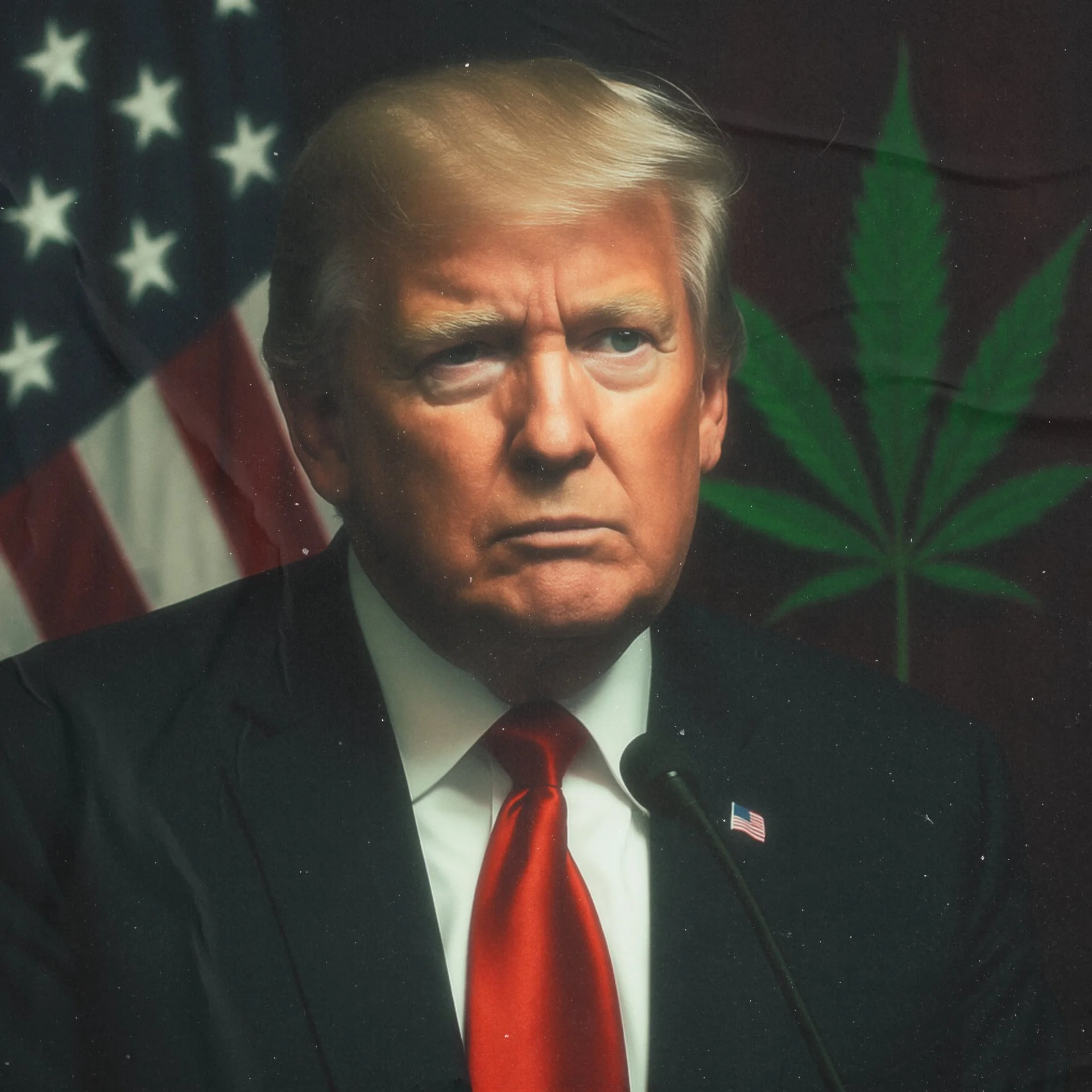Trump’s Pending Cannabis Rescheduling Decision Could Redefine Federal Policy
What Trump’s cannabis rescheduling review means for research, justice, and industry growth
The political winds around cannabis policy in the United States have shifted before, but not often with the same public weight as President Donald Trump’s remarks on August 11, 2025. From the podium of the White House press briefing room, Trump confirmed his administration is actively reviewing whether to reclassify marijuana from Schedule I to Schedule III under the Controlled Substances Act—a move that would mark one of the most significant federal policy shifts on cannabis in half a century. He promised a decision “over the next few weeks,” but left plenty of room for uncertainty.
Trump framed the announcement with an acknowledgment of the country’s divided opinion: widespread support for medical marijuana on one hand, concerns about broader societal impact on the other. He emphasized caution, noting that any change must balance public health, law enforcement priorities, and scientific evidence. For an administration that built much of its political identity on law-and-order rhetoric, the signal was notable.
The Biden administration had taken preliminary steps toward the same reclassification after the Department of Health and Human Services recommended a move to Schedule III, but that process stalled before completion. Trump’s confirmation that the review is back on the table instantly galvanized cannabis businesses and investors. Within hours, cannabis stocks surged—a market reaction fueled by expectations of reduced tax burdens, broader research opportunities, and potential banking access.
Still, gaps remain. No firm timeline beyond “weeks” was provided, the scope of any federal guardrails remains undefined, and the political fight over cannabis reform—especially within conservative ranks—could derail or dilute the proposal before it becomes law.
Context and Timeline
Trump’s cannabis record has never been static. Before 2024, his approach oscillated between federal neutrality—leaving legalization to state governments—and selective crackdowns in certain jurisdictions. As a candidate in the 2024 election cycle, he shifted toward an openly supportive stance on medical cannabis, even endorsing Florida’s Amendment 3 to legalize adult-use marijuana. That evolution put him closer to where national public opinion already stood but still stopped short of endorsing nationwide legalization.
In early 2025, the Biden administration’s work on rescheduling had already reached the Department of Justice, with the Drug Enforcement Administration (DEA) weighing a formal rule change based on HHS recommendations. Then the process stalled, with no public resolution. Trump’s August 11 announcement effectively put the ball back in motion—though in whose court, and on what timeline, is unclear. Agencies such as the DEA, HHS, and the White House chief of staff’s office will likely play key roles, but their public posture remains guarded.
Core Facts of the Review
Trump’s August 11 remarks did not come out of political vacuum. The president cited “mixed public feedback” as one reason to proceed cautiously, signaling that the administration is weighing both potential benefits and risks. Those benefits, if reclassification to Schedule III occurs, are concrete.
Under current Schedule I status—shared with heroin and LSD—cannabis businesses are locked out of standard banking, denied federal research funding, and saddled with punitive tax rules under Internal Revenue Code Section 280E. This means state-licensed dispensaries and cultivators cannot claim normal business deductions, inflating their effective tax rates. A move to Schedule III would eliminate that barrier, align federal treatment of cannabis with substances such as anabolic steroids, and open doors to traditional lending and investment.
From a scientific standpoint, reclassification could loosen restrictions on federally approved cannabis studies. Researchers have long complained that Schedule I status impedes controlled trials, delays Institutional Review Board approval, and limits the availability of research-grade cannabis. Medical groups—including some physician associations in Arizona—have argued that Schedule III status would accelerate studies on cannabis’s therapeutic uses, from chronic pain management to seizure disorders.
The markets responded instantly. Major publicly traded cannabis companies saw stock price spikes after Trump’s remarks, reflecting optimism not only about tax relief but also about the possibility of expanded interstate commerce and investment opportunities.
Analysis and Implications
Stakeholders and Incentives
The cannabis industry’s interest in reclassification is clear: a more favorable tax regime, greater access to capital, and enhanced legitimacy in the eyes of both consumers and financial institutions. For multistate operators, this could be the first step toward dismantling the patchwork legal barriers that keep operations fragmented across state lines.
For the Trump administration, the calculus is more complicated. Delivering on cannabis reform could appeal to younger voters and independents without fully alienating the conservative base—provided the move is framed around medical access and economic opportunity rather than wholesale legalization. Still, some prominent conservative voices, such as activist Charlie Kirk, have already warned that rescheduling could erode “moral norms” and lead to higher youth consumption.
Risks and Counterarguments
Critics of rescheduling point to potential social costs. Opponents warn that normalization of cannabis could increase adolescent use, exacerbate public safety concerns, and strain addiction treatment systems. Justice reform advocates also note that rescheduling alone would not automatically expunge cannabis-related criminal records, leaving enforcement disparities intact.
Congressional resistance is another unknown. While the executive branch can direct the DEA to reschedule a substance, lawmakers could introduce legislation to block or limit the move. Given the divided composition of Congress, such efforts might gain traction, particularly if the debate becomes a wedge issue in the 2026 midterms.
Data and Developments to Watch
The next key marker will be the release—or leak—of any DEA or HHS findings justifying reclassification. Observers are also tracking whether Trump opts for executive action or a full regulatory process, which could take months longer. Congressional hearings could follow, either to scrutinize the decision or to codify it into law.
Financial analysts are watching whether the market gains sparked by Trump’s remarks will hold or fade. Short-term investor enthusiasm could give way to volatility if the process bogs down in bureaucracy or politics.
While the review itself is national in scope, the implications for Arizona’s cannabis sector are tangible. The state’s robust adult-use and medical markets—bolstered by strong retail sales and an established cultivation infrastructure—would immediately benefit from 280E relief. Arizona-based companies, some of which operate across multiple states, could redirect tax savings into expansion, research partnerships, and job creation. For consumers, potential cost savings could emerge if businesses pass on reduced tax burdens.
***
Cigaweeds is the ultimate choice for discreet and convenient cannabis prerolls. Made with premium flower and natural hemp tips, our prerolls deliver a smooth and satisfying smoke every time. Whether you prefer indica, sativa, or hybrid strains, we have something for you. Our products are lab-tested and compliant with state regulations, ensuring quality and safety. You can find our prerolls at select retailers across Arizona, or order online and get them delivered to your door. Cigaweeds also collaborates with High Grade, a leading cultivator of exotic and rare cannabis strains, to bring you exclusive and limited-edition prerolls that will blow your mind.
Visit our website to learn more about our strains, our blog, and our store.
Follow us on Instagram to stay updated on the latest news and promotions.

